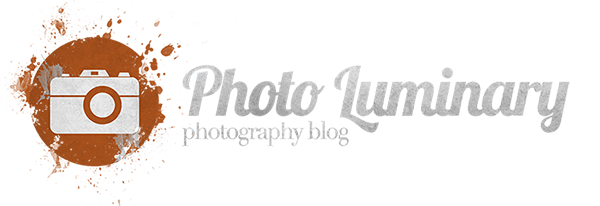Recent Posts
- Why I Love Photography
- Introducing: Presets Galore
- Topaz Clarity Review – Enhance Contrast and Clarity With No Artifacts or Halos
- 10 Dismal Black and White Photos
- 20 Cute, Handsome and Gorgeous Photos of Freckled People
- A Guide to Installing, Creating and Updating Lightroom Presets
- Photographs of Genuine Happiness
- Dreams – Images from the Subconsious
- The Ugly Reality of Drug Addiction – A Photo Collection
- Is Adobe Creative Cloud Worth It?


